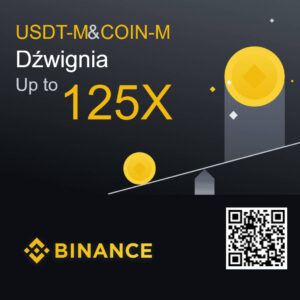Rate POA 0,00000041 BTC
Change (24h): inf%
Calculator POA / BTC
How is 1 POA?
| POA | 0 BTC | |
| BTC | 0 POA |
Team
- No data
Another prices
- ZEC 156 USD 0,00%
- REP 0.0003413 BTC 0,00%
- PAY 0.0059 PLN 0,00%
- NPXS 0.00000005 BTC 0,00%
- HIVE 0.00000108 BTC 3,85%
- 1INCH 0.00000138 BTC -0,72%
- ANKR 0.00000009 BTC 0,00%
- SOL 0.001192 BTC 0,40%
Do you know how buy POA?
Description
Do you have account on KryptoBot?



